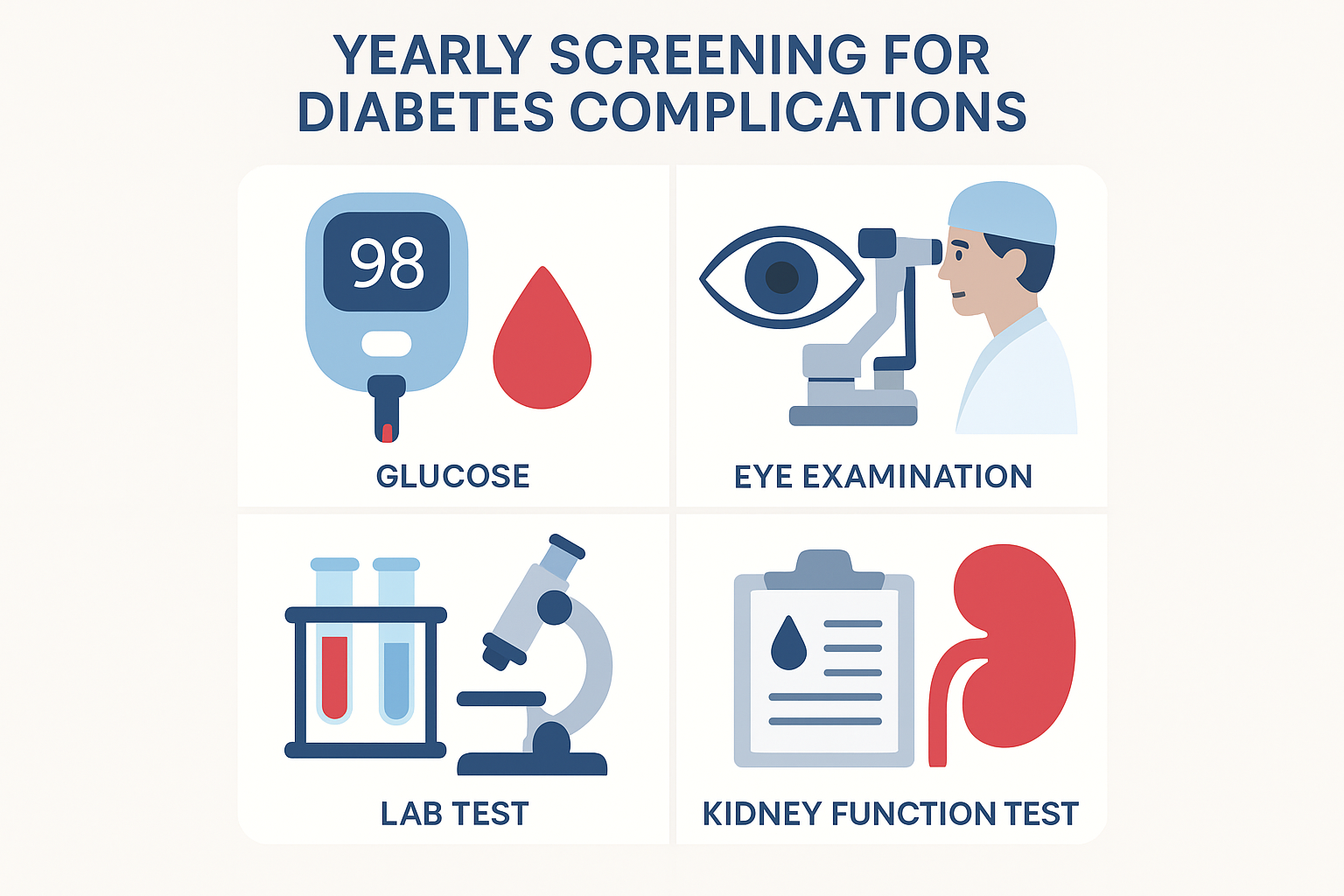Introduction
Managing diabetes requires a well-balanced diet, and one group of foods often overlooked is dry fruits. While people with diabetes are usually cautious about carbohydrate intake, certain dry fruits, when consumed wisely, can offer remarkable health benefits. This blog explores the best dry fruits for diabetics, their benefits, and how to incorporate them safely into your daily diet.
Why Should Diabetics Consider Dry Fruits?
Dry fruits are packed with essential nutrients, fiber, antioxidants, and healthy fats. They not only provide sustained energy but also help in:
- Blood sugar regulation
- Heart health improvement
- Reducing oxidative stress
- Supporting weight management
However, portion control is key due to their calorie density and natural sugar content.
Top 6 Diabetic-Friendly Dry Fruits
1. Almonds
Rich in magnesium and fiber, almonds help in improving insulin sensitivity. They also support heart health, a major concern for diabetics.
- Benefits: Lowers bad cholesterol, controls blood sugar spikes, and provides satiety.
- Recommended intake: 5–7 almonds daily, soaked overnight.
2. Walnuts
Packed with omega-3 fatty acids, walnuts are known for their anti-inflammatory properties and ability to improve blood vessel function.
- Benefits: Promotes heart health and reduces insulin resistance.
- Recommended intake: 2–3 walnuts daily.
3. Pistachios
Pistachios have a low glycemic index and are rich in protein and fiber, making them excellent for blood sugar management.
- Benefits: Lowers fasting glucose levels and improves metabolic parameters.
- Recommended intake: A small handful (15–20 nuts) per day.
4. Cashews
Though higher in fat, cashews offer healthy monounsaturated fats and essential minerals like zinc and magnesium.
- Benefits: Enhances HDL cholesterol and supports nerve function.
- Recommended intake: 4–5 cashews per day.
5. Raisins
Moderation is key with raisins as they contain natural sugars. However, their fiber and antioxidant content make them beneficial in small amounts.
- Benefits: May help control blood pressure and offer quick energy without major sugar spikes.
- Recommended intake: 1 tablespoon per day, preferably with a protein-rich snack.
6. Figs (Anjeer)
Rich in fiber and potassium, figs aid in digestion and help regulate blood glucose when eaten in small quantities.
- Benefits: Improves satiety and blood sugar balance.
- Recommended intake: 1–2 dried figs per day.
How to Add Dry Fruits to a Diabetic Diet
- Portion control is crucial – small amounts go a long way.
- Avoid salted, sugar-coated, or roasted in unhealthy oils.
- Prefer raw, unsweetened, or soaked dry fruits.
- Add them to breakfast cereals, salads, smoothies, or eat as snacks.
- Monitor blood glucose response after intake to understand personal tolerance.
Caution: Dry Fruits to Limit or Avoid
Some dry fruits have a high glycemic load and may spike blood sugar levels. Diabetics should limit or avoid:
- Dates (Khajoor): Very high in natural sugars.
- Sweetened dried fruits: Contain added sugars and preservatives.
- Commercial trail mixes: Often contain chocolate, honey, or sugar syrups.
Final Thoughts
Incorporating the right type and amount of dry fruits into a diabetic diet can offer nutritional value without compromising blood sugar control. Always consult your doctor or dietitian before making major changes to your diet. Remember, balance and moderation are the keys to managing diabetes effectively.



